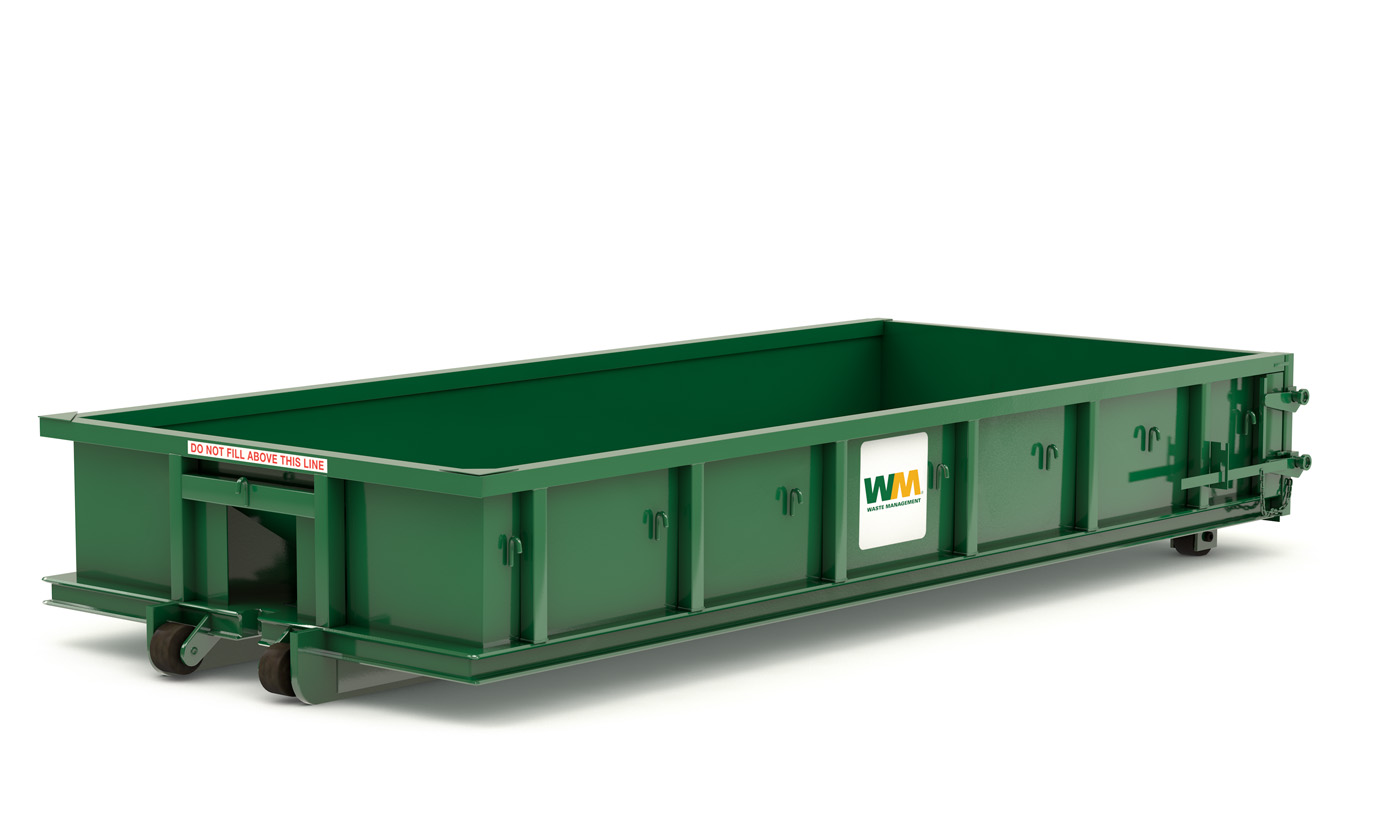Renting a dumpster can be an important step in any job, from small home restorations to massive building ventures. To assure a convenient experience, follow these five essential steps: determine your dumpster needs by evaluating waste type and quantity, choose the right dumpster size based upon task range and offered space, comprehend the differing rental prices and fees, check local regulations and permits required for dumpster placement, and timetable delivery with necessary information and optimal timing. By adhering to these actions, you'll be well-equipped to navigate the dumpster rental procedure with confidence and discover the excellent option for your specific demands and spending plan, and there's more to explore to make your experience also smoother.
Determine Your Dumpster Needs
Typically, homeowners and contractors rent dumpsters for a specific period, normally ranging from a few days to several weeks. During this moment, they require to get rid of a considerable quantity of waste, whether it's from a home renovation, building project, or cleaning out a property.
To assurance a smooth rental experience, it's necessary to identify your dumpster requires before speaking to a rental service.
Start by assessing the kind and amount of waste you require to dispose of. Will you be discarding heavy materials like concrete or asphalt, or lighter products like family trash or lawn waste? Understanding the weight and volume of your waste will certainly aid you pick the right dumpster size and type.
Additionally, think about the space constraints at your site. Do you have area for a huge dumpster, or will a smaller sized one fit much better? Are there any barriers, such as slim alleys or tight corners, that may impact dumpster placement?
Choose the Right Dumpster Size
As you've identified your dumpster requires, the next important action is to choose the right dumpster dimension for your job. This considerable decision will certainly ensure you have sufficient space to take care of waste successfully without spending beyond your means on a bigger dumpster than needed.
To aid you make an informed decision, think about the list below elements:

Project type and scope: Different projects need various dumpster dimensions. For example, a tiny home restoration may call for a 10-15 lawn dumpster, while a big building project may require a 30-40 backyard dumpster.
Waste quantity and weight: Estimate the quantity of waste you expect to create and its weight. This will certainly aid you select a dumpster that can accommodate your requirements without going beyond weight limits.
Space constraints: Think about the space offered for the dumpster at your task site. Ascertain the dumpster dimension you pick fits easily in the assigned space, allowing for simple loading and unloading.
Understand Dumpster Rental Costs
With your dumpster size chosen, you can now focus on recognizing the prices associated with renting out a dumpster for your project.
Dumpster service expenses differ depending upon several elements, including the size of the dumpster, rental duration, and area. Generally, dumpster rental firms charge a base fee, that includes a specific variety of days of leasing, plus added fees for additional days, excess charges, and disposal fees.
Be sure to inquire about any added expenses, such as delivery and pick-up fees, when inquiring about prices.
It's necessary to understand that the total cost of renting a dumpster will certainly rely on your specific needs and the solutions required.
For instance, if you're remodeling a big industrial building, you may require a larger dumpster and extended rental period, which will enhance the overall cost.

On the various other hand, a tiny domestic job may require a smaller sized dumpster and shorter rental period, leading to reduced costs.
Check Local Laws and Permits
Before renting a dumpster, it is essential to inspect neighborhood policies and permits needed for dumpster placement and usage in your area.
Failure to adhere to these laws can lead to fines, charges, and even cancellation of your rental agreement.
To assurance a smooth dumpster rental experience, consider the following:
Residential zoning laws: Contact your city government to determine if there are any type of restrictions on dumpster placement in residential areas.Some areas might have details policies or prohibitions on dumpster usage.
Permit requirements: Discover if you need a permit to position a dumpster on your property or on the street.Your dumpster rental company might be able to supply support or get the essential permits on your behalf.

Understanding these laws will aid you intend your task as necessary and stay clear of any type of possible issues.
Schedule Your Dumpster Delivery
Now that you have actually checked local regulations and permits, you're ready to progress with scheduling your dumpster delivery This step is crucial in ensuring a smooth and problem-free experience.
Be prepared to give essential details such as the type and dimension of dumpster you need, the period of the rental period, and the particular shipment location.
When scheduling your delivery, consider the timing and logistics of your project. If you're planning a significant improvement or construction task, you may need the dumpster provided at the start of the task. For smaller sized jobs, you might wish to schedule the distribution for a details day or time.
Be sure to inquire about any additional fees related to delivery, such as gas additional charges or tolls.
It's additionally essential to verify the dumpster rental business's delivery policies, including their operating hours, https://penzu.com/p/92a17cb10f2af816 delivery home windows, and any kind of prospective hold-ups. By doing so, you can plan appropriately and assure an effective dumpster rental experience.